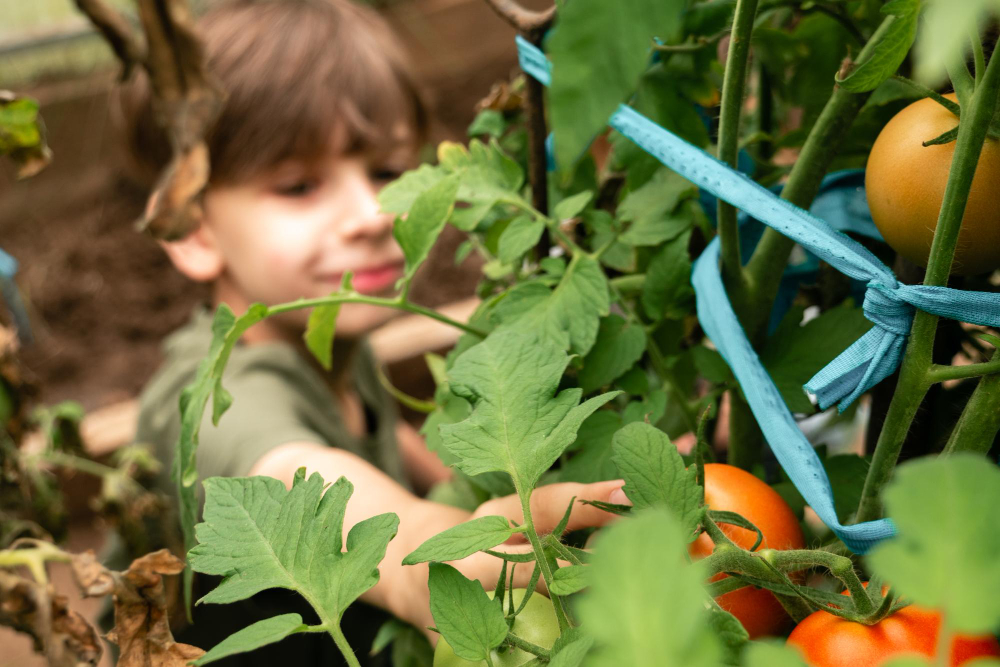Expanding your vegetable gardening season is a game-changer. Covers can make this possible, letting you start early in spring, protect against summer heat, and harvest into fall and winter. This guide dives into the best methods for using covers to boost your garden’s performance across various climates.
Jumpstart with Cold Frames
Cold frames, essentially bottomless boxes with a clear top, trap heat and protect plants. They warm the soil and air, enabling seed sowing weeks before the last frost. Spinach, kale, and lettuce thrive under cold frames, thanks to their tolerance for cooler early spring temperatures.
Discover Floating Row Covers
Lightweight fabrics known as floating row covers drape directly over crops or on hoops. They create a barrier that keeps cold, wind, and pests at bay while letting in light, water, and air. Use them to shield against frosts and prolong the season for warm-weather favorites like tomatoes, peppers, and cucumbers.
Harness High Tunnels and Hoop Houses
These structures act like greenhouses, minus the heat. They protect your plants, extending your growing capabilities. You can start heat-loving plants sooner and harvest them later. In some cases, you can even keep cold-hardy crops growing through winter.
Mulch for Temperature Control
Mulch isn’t a cover, but it insulates soil like one. It keeps temperatures stable, retains moisture, and fights weeds. In summer, it cools the soil; in winter, it slows freezing. This simple step can significantly affect your garden’s success.
Explore Greenhouses and Poly Tunnels
Greenhouses and polytunnels are for those looking to take their gardening to the next level. They offer the most environment control, allowing year-round vegetable growth. They’re an investment in space and resources but yield an impressive return in variety and volume.
By adopting these covering techniques, you can protect your plants, extend your growing season, and maximize your garden’s output. Each method offers a way to overcome weather challenges, ensuring your garden thrives longer than ever before.


Leave a Reply